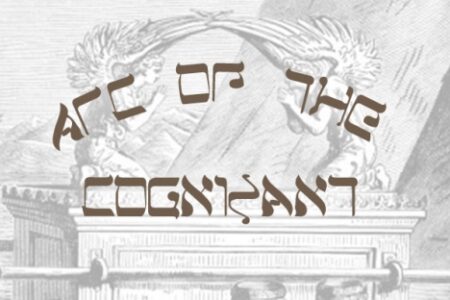OP/ED: Taxation revenue opportunity being overlooked
I was recently having a discussion about the financial difficulties that the school boards around the province are facing, when it occurred to me that there is a rich wealth of possible tax income that is not currently being utilized.
While the average homeowner is being taxed to the point of frustration on his meager property, in these times of economic restraint we must seriously look at why churches are off the hook from contributing their fair share. In every city and small community, residents are being deprived of vast sums of money through the tax exemptions given to religious property owners. This is money which could be used by our communities for our schools.
There was a time when churches managed to exist without the exemptions, and it is important to remember that religious tax exemptions are a concession fashioned by the legislature, not a constitutionally-mandatory option and, no … courts have not found the exemptions necessary. So, whatever their value, it’s hard to see how religious organizations couldn’t survive without them.
Let’s look at the City of Vancouver. The majority of people who live there are struggling to keep some earnings for recreation after all necessities are paid for. Is it really fair to ask these people to subsidize major land holders in their community, particularly when these land holders are considerably wealthier than the taxpayers who now support them?
With a population of approximately 580,000 people, Vancouver’s exempted municipal taxable value for churches is approximately $420,105,800. That is a considerable amount of money that could be used for education or used to build playgrounds and parks, provide nursing homes, community centers, libraries – all things that are vital to the fabric of civilization.
Canadians can no longer afford to carry free-loaders. For those who find the suggestion of taxing religions repulsive, then maybe they would be willing to make the concession that churches should put back into their community an amount equal to their tax assessment. As an alternative to taxation, churches could receive recognition for the things they give for use of the general public, providing it is presented without the accompanying propaganda. For example, if a playground was built with the tax assessment money from the local Catholic church, then a little plaque could be erected saying “Donated by St. Mary’s Church in lieu of taxes for the year 2010”.
Either way, we are missing a considerable opportunity to generate much-needed revenue, simply because churches are operating under the false guise of charitable tax-free status. A survey showed that less than one-per-cent of Catholic churches, and barely five-per-cent of Protestant churches, in Canada operate regular charitable services to the poor, whereas these same churches spend tens of millions of dollars annually on non-charitable activities.
Churches are operating like any other corporation, yet with all the privileges of a public charity, in a time when need everyone to shoulder their fair share.























Comments